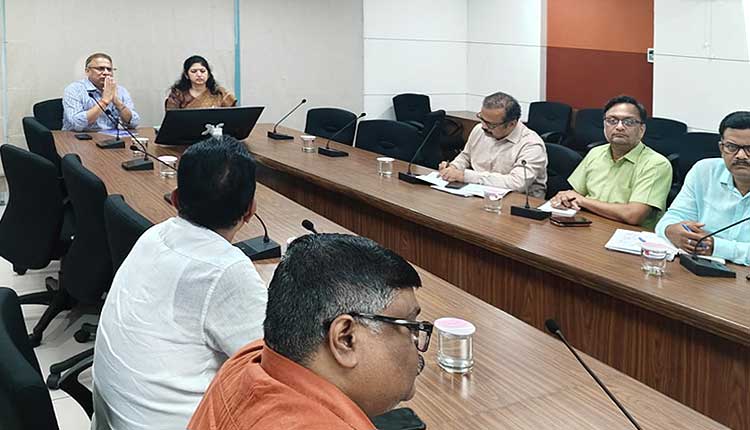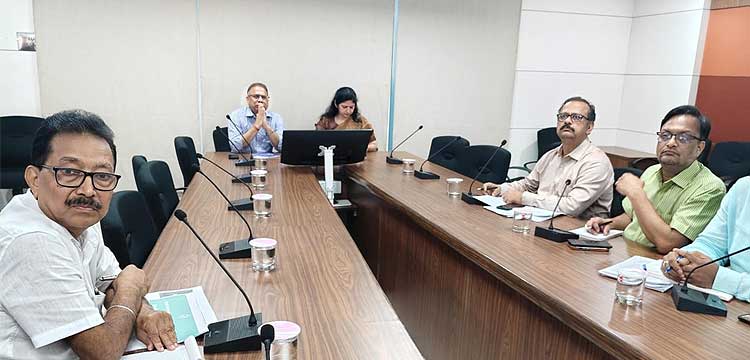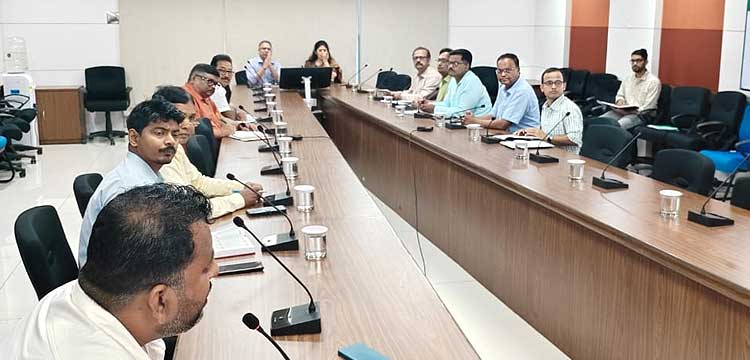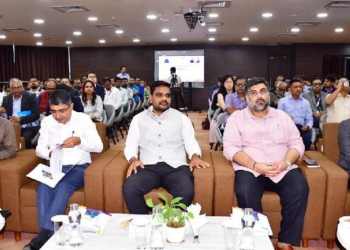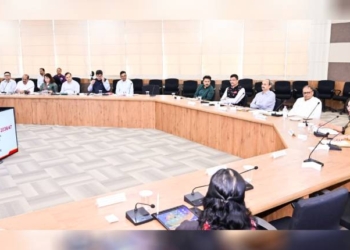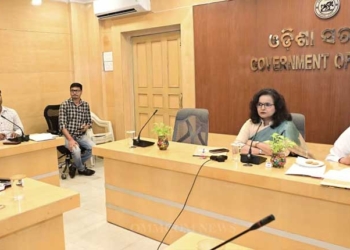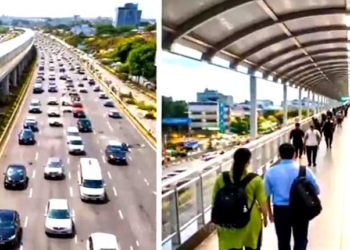Bhubaneswar: In a major push toward clean and sustainable mobility, the Commerce & Transport Department and Energy Department of the Government of Odisha jointly held a high-level brainstorming session today to deliberate on the upcoming Odisha Electric Vehicle (EV) Policy 2.0.
The meeting was co-chaired by Usha Padhee, Principal Secretary of the Commerce & Transport Department and Vishal Kumar Dev, Energy Department Principal Secretary. Senior officials from both departments took part in comprehensive discussions aimed at advancing Odisha’s electric mobility transition and achieving key targets.
It was resolved to aim for at least 50 % Battery Electric Vehicles (BEVs) in all new vehicle registrations by 2036. The EV vehicle registration is on the rise. This marks a significant step from the 1.16% EV registration in 2021 to the current 8.71% as of 20th June 2025.
Odisha currently has over 550 Public Charging Stations (PCS), including captive infrastructure operated by two-wheeler OEMs, DISCOMs, and Oil Marketing Companies. The State Transport Authority (STA) has already issued a Request for Proposal (RFP) for developing EV charging stations at strategic locations across the state.
The state is in the process of revising the Odisha EV Policy 2021 with the following key elements: Extension of validity and enhancement of incentives for EV buyers and Charge Point Operators (CPOs). Incentivization of empanelled CPOs from the state budget on a first-come-first-serve (FCFS) basis, exploring ICE vehicles to create a dedicated EV fund to support adoption and infrastructure. Addressing range anxiety through the accelerated rollout of PCS in urban and semi-urban areas.
A holistic approach is being adopted to boost both supply (manufacturing ecosystem) and demand (consumer incentives) to ensure balanced and inclusive EV growth. Odisha will actively leverage the PM e-DRIVE Scheme of the Government of India to provide financial assistance for EV adoption. The Commerce & Transport Department has already submitted suggestions for inclusion in the scheme guidelines. As part of the broader Odisha Vision 2036, the state aims to achieve 50% adoption of Electric and Alternate Fuel6 Vehicles by 2036.
The session emphasised the importance of an integrated and data-driven approach in designing the EV Policy 2.0. Insights from the implementation of the current policy, industry inputs, and inter-departmental coordination will serve as the foundation for this revised policy. This forward-looking initiative reiterates the Government of Odisha’s commitment to promoting green mobility, reducing carbon emissions, and transforming the state into a model EV ecosystem in the country.




